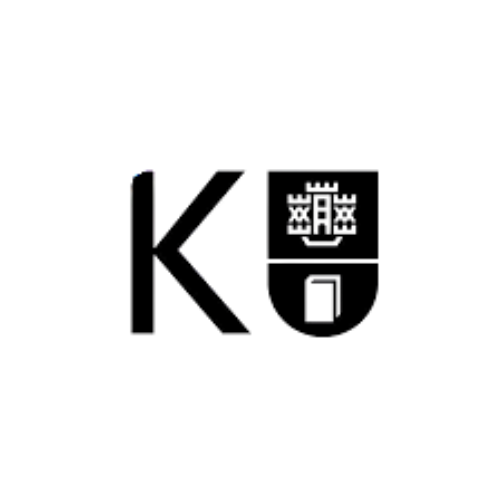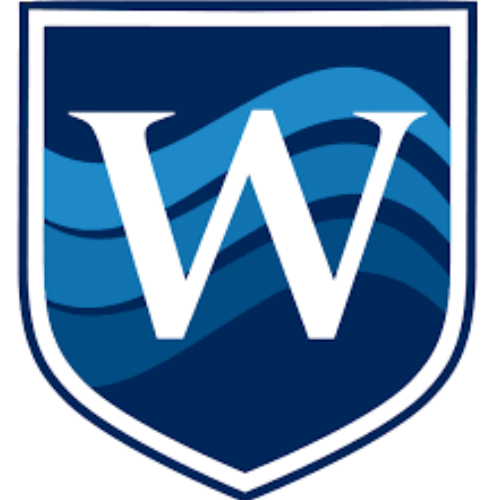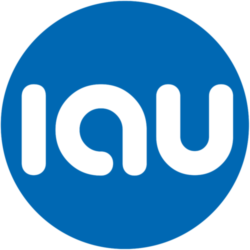About
This Informatics course from Klaipeda University focuses on software systems, computational science, and will equip you with skills to develop systems using the latest technologies and techniques.
Apply Now
Klaipeda University
Main campus: Klaipėda, Lithuania2001–2500+
Klaipeda University
Key information
Duration
Full-time
4 years
Start date & application deadlines
Starting Date
April, October
August, January
Language
English
Credits
210 credits
Delivered
On Campus
Campus Location
Klaipėda, Lithuania
Disciplines
Computer Science & IT
Explore more key information Visit programme website
Overview
The Informatics course from Klaipeda University focuses on the areas of computational science, software systems, and data analysis.
Students will explore a wide range of modules, including webpage design, artificial intelligence, cybersecurity, computer architecture and operating systems, Artificial Intelligence, data mining, and simulation modelling, and cybersecurity. These modules will provide a solid foundation for understanding and developing complex software systems.
Career
Completing an undergraduate degree in Informatics opens up a range of career opportunities in the technology industry, research, and academia. Here are some potential career paths for graduates:
- Software Developer/Engineer: Graduates can work designing and developing software applications and systems for various industries, such as healthcare, finance, and e-commerce.
- Data Analyst/Scientist: Graduates can work analysing and interpreting complex data sets to derive insights and make data-driven decisions. They may work in industries such as finance, healthcare, or marketing.
- Cybersecurity Analyst: Graduates can work ensuring the security of computer systems, networks, and data. They may work in industries such as finance, healthcare, or government.
- Artificial Intelligence/Machine Learning Engineer: Graduates can work designing and developing AI systems and applications in industries such as finance, healthcare, and manufacturing.
- Web Developer: Graduates can work designing and developing websites and web applications in industries such as e-commerce, media, and entertainment.
- User Experience (UX) Designer: Graduates can work designing and optimizing the user experience of software applications and systems. They may work in industries such as technology, e-commerce, or healthcare.
- Researcher/Scientist: Graduates can work conducting research in areas such as artificial intelligence, cybersecurity, data analysis, and software engineering.
Programme Structure
Courses include:
- Artificial Intelligence
- Cybersecurity
- Web Technologies and Digital Graphics
- Computer Networks and IoT
- Object-oriented Programming
Academic requirements
Here is grading score requirements for this programme.
English requirements
Tuition Fee
Here’s what we charge for tuition.
The living costs include the total expenses per month, covering accommodation, public transportation, utilities (electricity, internet), books and groceries.
Scholarships Information
Visa information
Student Visas for Lithuania
Are you from Bangladesh? You might need a student visa...
Don’t worry, everything is perfectly fine. We’re here to make your search for the right international degree in Lithuania smoother, simpler, and a lot more enjoyable.
While we’re working on bringing you all the latest updates, you can get a head start and:
Check if you really need a student visa.
Since you’re from Bangladesh and planning to study full-time in Lithuania, yes, you’ll definitely need to apply for a Lithuanian national visa (Visa D) or a temporary residence permit for studies.
Visit the official sources.
Head straight to the Embassy of Lithuania in New Delhi (which handles Bangladeshi applications) or the Migration Department of Lithuania website. That’s where you’ll find the most accurate and up-to-date information.
Watch the deadlines.
Visa and residence permit applications can take several weeks sometimes months. Don’t let a late submission make you miss your semester start date.
Gather your documents.
You’ll need:
-
A valid passport
-
An official letter of acceptance from a Lithuanian higher education institution
-
A completed visa or residence permit application form
-
Proof of financial means to support yourself during your studies
-
Health insurance valid in Lithuania and the Schengen area
-
Passport-sized photos
-
Academic certificates and language test results (like IELTS or TOEFL)
It’s a bit of a paperwork treasure hunt, but every piece counts!
Start saving and planning your finances.
You’ll have to prove that you can cover your tuition fees and living expenses in Lithuania accommodation, food, transport, and yes, maybe a few extra euros for exploring Vilnius or trying out local cepelinai (Lithuanian dumplings).
Polish your English skills.
Most Lithuanian universities offer English-taught programs, so strong English proficiency will help you both with your visa process and your studies.
All in all, applying for your Lithuanian student visa might feel like a lot at first, but it’s your first step toward an amazing European adventure full of learning, culture, and new opportunities.
Good luck!
Work Permit
Work while studying in Lithuania
If you’re from Bangladesh, you will need a Lithuanian national visa (Visa D) or a temporary residence permit that allows you to study and work in Lithuania.
Here you can see the rules for combining part-time work with your studies.
How can I apply?At local authorities |
Application requirements
|

Duration of work authorizationYour right to work remains valid for the same duration as your residence permit and is directly linked to your studies. |
Max. hours of work per week Up to 40 hours per week (full-time) Lithuanian law allows full-time students from non-EU countries to work without special limits, provided they continue their studies. |
Required documentsYou don’t need a separate work permit, but you should always have the following ready if requested by authorities or your employer:
|





